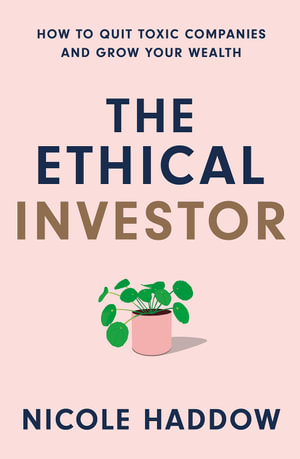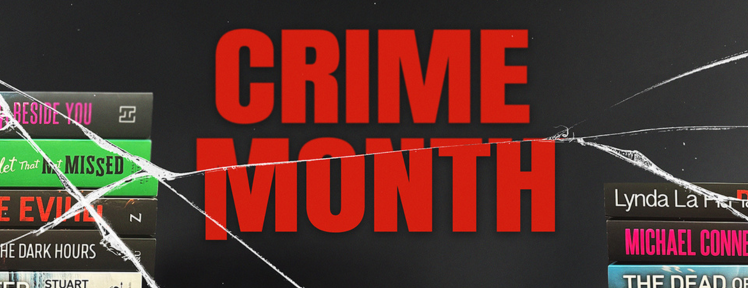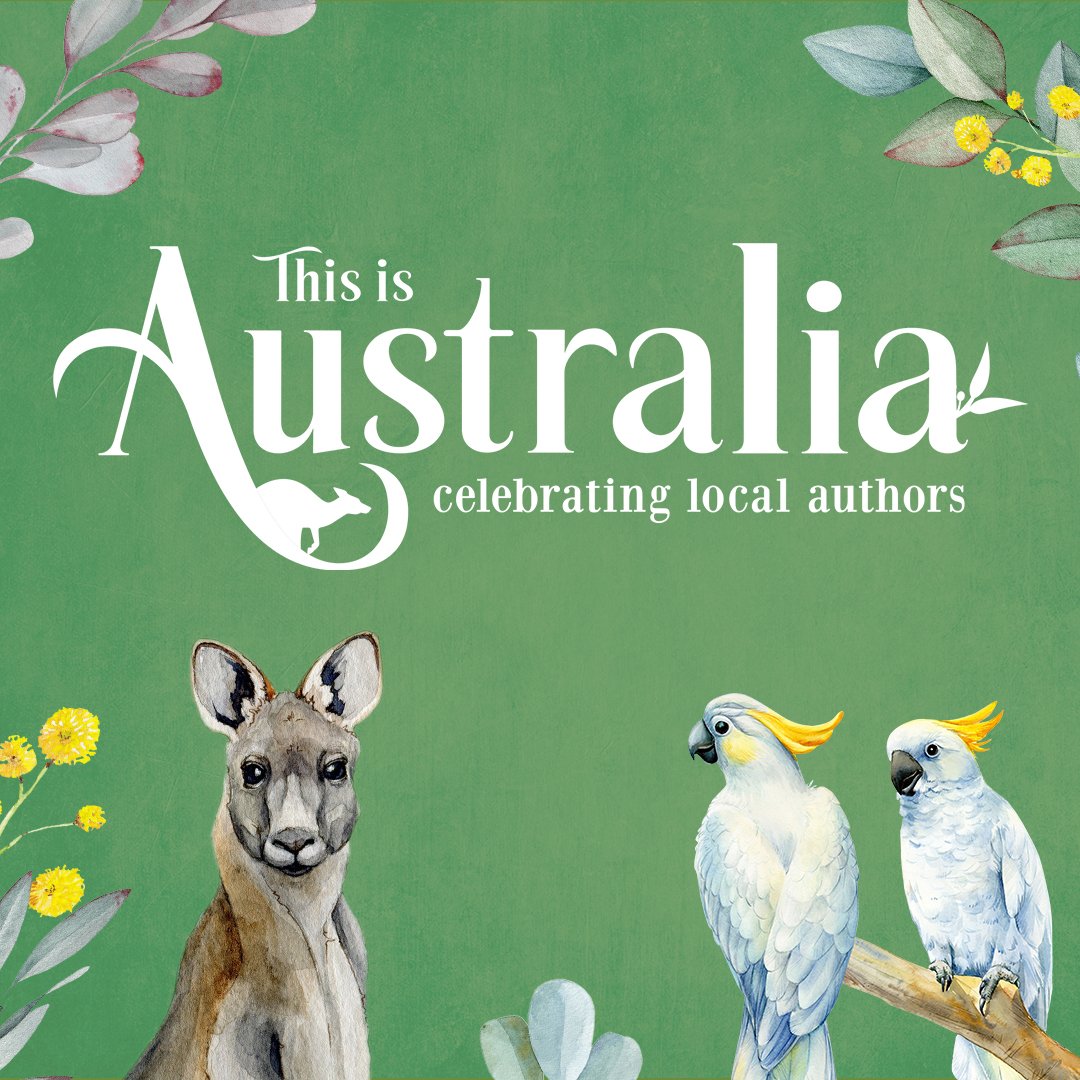Nicole Haddow is a Victorian-based journalist and the author of Smashed Avocado: How I Cracked the Property Market and You Can Too, which is now also available as a highly successful podcast. Nicole’s new book is called The Ethical Investor and it’s the essential, practical guide to growing your wealth while making a difference.
Today, you can read an extract from The Ethical Investor that’s focused on how to make good-for-the-planet choices when it comes to superannuation. Read on!
Super Stars
It turns out there are many companies focused on helping people achieve their ethical superannuation goals. I want to explore a range of companies I’ve heard about, including Australian Ethical, Future Super and Verve Super. Because I’m now aware of greenwashing, I arrange to talk to a few people who’ve already moved their super to see what their experience has been and to get some advice.
Melbourne-based Michael Poland is a committed climate activist. He has worked on a number of climate campaigns and is committed to mobilising people and their collective consumer power to switch to ethical options and increase the pressure on large institutions to clean up their investments. This includes campaigns for switching their energy companies to a renewable energy retailer, and to put pressure on banks not to invest in the Adani coalmine. ‘These were very impactful – especially on Adani, which resulted in banks ruling out funding the project – which made me start to look at what other forms of divestment would be powerful’, he says.
Michael likes Future Super and Verve Super. He ultimately moved his retirement nest egg over to Future Super because he’d dealt directly with the team and agreed with their approach. ‘They’re the most vocal super fund speaking out against funding fossil fuels, which I think is crucial. They work with a lot of climate campaigning groups and are really investing in ethical, positive change,’ he says.
He points out that while moving away from a range of poor investment choices is great, reducing institutional fossil fuel funding is his top priority. ‘In the next ten years we will see a huge amount of decarbonisation, including a shift away from fossil fuels. Having people help fast-track this transition will be crucial,’ he suggests.
The future of super
On the back of Michael’s advocacy, I look into Future Super. I go straight to the top and call founder Adam Verwey to find out about their super options.
Adam grew up in Broken Hill, a historic mining town in outback New South Wales. I’ve never been but Adam paints the picture, explaining that the mine is on the main street. ‘If you’re at a café having a coffee, you’re looking onto the mine,’ he says, and recalls the waste and the impact that left on him from childhood. He recalls the lead tailings – that’s the materials left over after separating what’s valuable. ‘They pile it up into a hill,’ Adam says.
It wasn’t unusual for Adam’s classmates to become seriously ill as a result of the environment they lived in. For those born in Broken Hill, growing up with high levels of lead in their systems was par for the course. As he got older, Adam learnt that the ‘BH’ in BHP stands for Broken Hill – the ‘P’ is for Propriety. The company derived its name from the silver and zinc mine that cast a shadow over Adam’s innocent youth.
By the time he was in high school, Adam had a very clear picture of the reality. ‘Kids were getting poisoned while shareholders got wealthy. I had nowhere to place this anger,’ he says.
After graduating, he headed straight to university in Canberra and joined the student unions. It was there, in about 2002, that a conversation about how money was invested would come up. Adam looked into his modest superannuation account, which was with REST at that point, and found that ‘BHP was right at the top’.
Back then, the only suitable alternative fund he could find was Australian Ethical. As fate would have it, it had an office across the road from his campus. He went into the office and moved his super over and applied for a job while he was at it, landing a role shortly after. He says it was an exciting time because it was so ‘grassroots’.
‘The founders were still in the business – they had a background in permaculture,’ he laughs. I can’t say I’d be in a hurry to hand my money over to people whose expertise is in gardening, but Adam says they were passionate and had engaged the right people to build the fund. When he started, it had $200 million in super funds; by the time he left, nine years later, it had reached $1 billion.
Despite that, Adam says that in 2013, when he was looking to make his next step, just 1 per cent of all super was labelled as ethical or sustainable, and he wanted to do more. But what about that billion over at Australian Ethical, you ask? It might sound like a lot, but today Australia has $3 trillion of Aussie citizens’ money invested in superannuation. Three trillion. That’s three thousand billion. So the humble billion over at Australian Ethical was spare change.
‘I put my hand up to run in the federal election,’ Adam says. Although he was ‘one of those greens who knew they wouldn’t win’, he hoped the campaign would give him the opportunity to speak to more people about ethical super. Adam spent countless hours making phone calls, doorknocking and engaging with constituents. ‘Maybe this is what we need to bridge that gap between the amount of people who say they want to switch and those who do,’ he remembers thinking.
During this time, he met Simon Sheikh, the former head of activist group GetUp, who got close to winning a seat in the Senate. Adam and Simon talked a great deal about what could be done to ‘bypass the political process’ and drive change. The upside of Simon failing to win his seat was that he was ‘excited and available’, Adam recalls.
It took them nine months to get the funds set up and they launched Future Super in September 2014. The aim is not only to provide super funds that don’t invest in fossil fuels, but simultaneously to build the finance required to invest in clean energy.
The team believes not just in moving away from fossil fuels but in taking a ‘holistically ethical’ approach too. That means they’re invested in companies with strong social and environmental positions, as well as those that work to increase human wellbeing.
In 2018, Future Super released a report, Supercharging Australia’s Clean Energy Transition. It was produced in conjunction with the Institute for Sustainable Futures at Sydney’s University of Technology. The economic modelling suggests that with just 7.7 per cent of super funds invested between now and 2030, the power sector could be made 100 per cent renewable – ‘7.7 per cent could fund an entire clean energy grid. It shows the huge potential of what’s in our super,’ Adam says. The report also suggests that while absolute decarbonisation of the economy is a larger challenge, 12.4 per cent of funds invested between 2020 and 2050 could actually be enough to pull it off.
Plus, Adam reckons we’re likely to have about $6 trillion to play with by 2035. With that sort of cash, we should be able to make a Jetsons-style transition to electric flying vehicles while we’re at it.
But it might not happen if more people don’t move their super to ethical funds.
Ethical admin checklist:
— Read the product disclosure statement. This should be available on each provider’s website. Here you’ll find all the information about risks, benefits, fees and charges.
— Consider the returns. While past performance is not indicative of future results, seeing how a fund has performed over time is valuable information.
— Make the switch. Once you have made a decision, you can visit your new provider’s website and fill in a form to move your super. Once that’s done, they generally take care of the rest.
— Stay engaged. Keep an eye on how your super is performing: read the emails they send when they update you on the portfolio. Remember, you don’t have to stick with the same super fund if it’s not meeting your expectations.
—This is an extract from The Ethical Investor by Nicole Haddow, published by Nero. Out now!

The Ethical Investor
How to Quit Toxic Companies and Grow Your Wealth
Is the money in your bank account helping to fund the fossil fuel and tobacco industries? Do you know which companies your superannuation is invested in? Want to put your money where your ethics are but have no idea where to start? Journalist Nicole Haddow is passionate about financial freedom, but as an investment novice she wanted to find out - is it possible to grow wealth while also doing your bit for the planet and its population?
In The Ethical Investor, Nicole guides us through the steps she took to ensure her hard-earned cash isn't going straight into the pockets of toxic companies...







 What do we know about the Boy Swallows Universe Netflix show?
What do we know about the Boy Swallows Universe Netflix show?  Booktopia’s top thrilling fiction picks for Crime Month
Booktopia’s top thrilling fiction picks for Crime Month  Booktopia’s Top First Nations Book Recommendations for 2023
Booktopia’s Top First Nations Book Recommendations for 2023
Comments
No comments